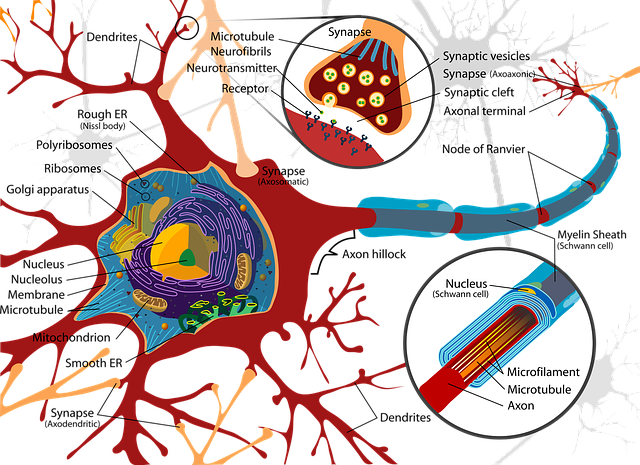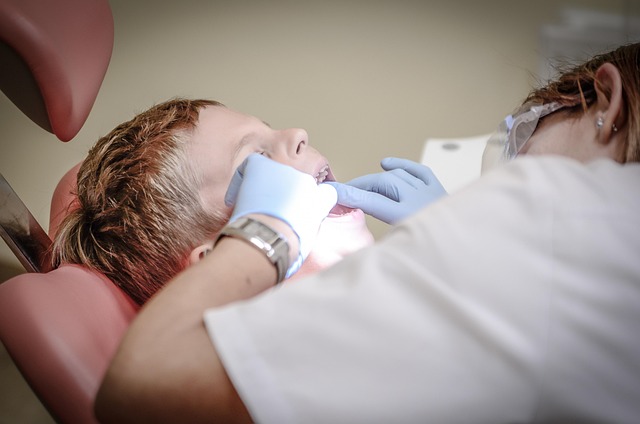Car accidents causing whiplash can lead to chronic pain and spinal conditions if untreated. Long-term chiropractic rehabilitation focuses on manual adjustments, exercises, and modalities to restore spinal function, reduce inflammation, and improve mobility after car wrecks. This holistic approach prevents degeneration, enhances well-being, and promotes an active lifestyle with stress management for optimal spine health.
Whiplash and spine injuries from car crashes can lead to lasting issues if not properly managed. This comprehensive guide explores effective strategies for navigating long-term recovery, focusing on chiropractic rehabilitation and lifestyle adjustments. Understanding the persistent effects of whiplash is key to a successful journey towards healing. Learn about specialized chiropractic techniques designed to alleviate pain and improve mobility. Additionally, discover practical lifestyle changes that support spine health post-crash, ensuring a robust road to full recovery.
- Understanding Long-Term Whiplash Effects
- Chiropractic Rehabilitation Techniques
- Lifestyle Adjustments for Spine Health Post-Crash
Understanding Long-Term Whiplash Effects

Whiplash, often associated with car accidents, can have profound and lasting effects on the spine and surrounding structures if left unmanaged. Long-term chiropractic rehabilitation after car wrecks is crucial for mitigating these effects, which may include chronic pain, reduced mobility, and even neurological damage. The initial impact during a collision causes rapid back-and-forth movements of the neck, leading to muscle sprains, ligament strains, and potential disc herniations. If not addressed properly, these issues can persist for months or even years, transforming acute injuries into long-lasting spinal conditions.
Chiropractic Rehabilitation Techniques

Chiropractic rehabilitation plays a pivotal role in managing and alleviating long-term whiplash and spine issues often resulting from car accidents. After a vehicular crash, patients frequently experience damage to soft tissues, joints, and vertebrae, leading to persistent pain and reduced mobility. Long-term chiropractic rehabilitation after car wrecks involves a multifaceted approach designed to restore optimal spinal function, reduce inflammation, and enhance overall well-being.
Chiropractors employ various techniques tailored to the individual patient’s needs, including manual adjustments to correct spinal misalignments, targeted exercises to strengthen muscles supporting the spine, and therapeutic modalities such as heat and ice therapy, electrical stimulation, and ultrasound. These interventions collectively aim to promote healing, improve range of motion, and prevent further degeneration. Through regular chiropractic care, patients can regain control of their bodies, alleviate symptoms, and enhance their quality of life.
Lifestyle Adjustments for Spine Health Post-Crash

After a car crash, managing long-term spine issues requires a multifaceted approach, with lifestyle adjustments playing a crucial role in recovery and preventing future complications. Individuals often turn to long-term chiropractic rehabilitation as part of their post-crash care plan. Chiropractors can guide patients through specific exercises and stretching routines tailored to strengthen the spine and improve flexibility, alleviating pain and promoting healing.
Adopting an active lifestyle is essential for maintaining spine health. This includes regular physical activity like walking, swimming, or yoga, which help keep muscles strong and flexible. Ergonomics also plays a significant part; adjusting work stations and adopting proper lifting techniques can prevent further strain on the spine. Additionally, stress management techniques such as meditation or mindfulness practices have been shown to benefit long-term spine health by reducing muscle tension and promoting relaxation.
Long-term whiplash and spine issues resulting from car accidents can significantly impact daily life. However, with proper understanding of the persistent effects and tailored chiropractic rehabilitation techniques, individuals can effectively manage their recovery. By incorporating lifestyle adjustments that prioritize spine health post-crash, those affected can take proactive steps towards long-lasting relief and improved quality of life. For those seeking comprehensive solutions, long-term chiropractic rehabilitation after car wrecks offers a promising path to healing and restoration.














